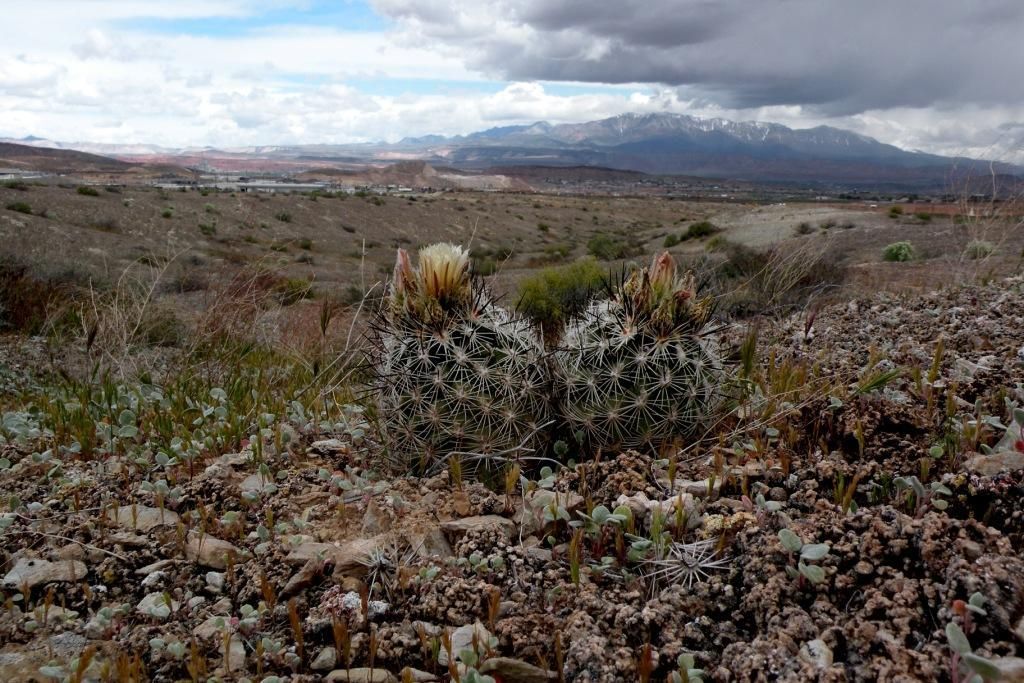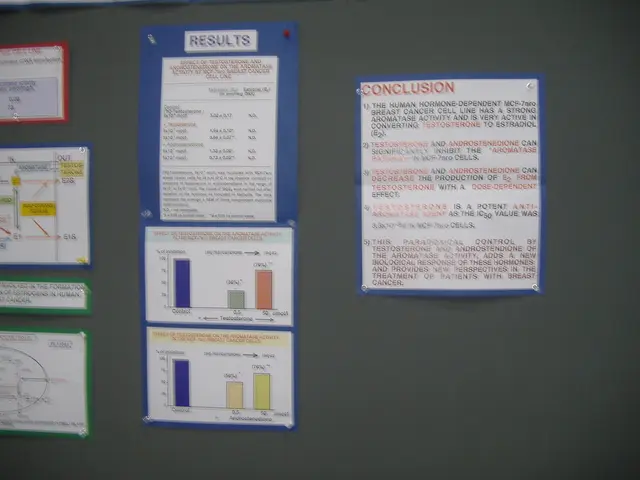Kyrgyzstan and Tajikistan have made significant progress in their negotiations, reaching an almost complete consensus on the delineation of their shared border, with a reported agreement level of 90 percent.
Kyrgyzstan and Tajikistan take a step closer to resolving long-standing border disputes
After months of negotiations, both Tajikistan and Kyrgyzstan have agreed on the delimitation of 90% of their previously contested territory, as reported by Tajik state news agency Khovar on February 5.
During his visit in Dushanbe, Kyrgyz Foreign Minister Jeenbek Kulubayev met with Tajik President Emomali Rahmon. The latter praised the political dialogue between the two countries and advocated for strengthening the bond of friendship and good neighborliness, as stated in a report from Rahmon's office.
In a press release issued by Kulubayev's ministry, Kyrgyzstan prioritizes its relationship with Tajikistan in its foreign policy doctrine. This joint effort to settle the border question has been gaining momentum since 2023.
Throughout the years of acrimony, border clashes, and volatile relationships, residents of Tajikistan's northern region and the eastern Gorno-Badakhshan Autonomous Region often depended on Kyrgyzstan as their primary overland exit to travel further afield. However, recent conflicts interrupted this lifeline. The September 2022 conflict is estimated to have claimed approximately 400 lives, both armed combatants and civilians, and caused trade turnover between the border-crossing nations to plummet to zero.
As the two countries inch closer to a border resolution, Kulubayev and his delegation toured the construction site of the giant Roghun hydroelectric plant in Tajikistan, demonstrating interest in inspecting tunnels, turbines, and the transformer room. This visit indicates the mutual interest both nations have in engaging in various spheres.
"The Kyrgyz side is committed to a speedy and mutually beneficial resolution of the delimitation of the Kyrgyz-Tajik state border, taking into account the interests of each party," said Kulubayev [1]. While the border remains only one aspect of the broader conundrum, both leaders seem eager to address other issues, like water resources and infrastructure development.
Though progress has been made, the agreement has drawn criticism for its lack of transparency, with Kyrgyz activists and opposition figures expressing concerns about concessions made in secret and demanding more public involvement in shaping this historic agreement [1].
- Enrichment Data: In 2025, both Kyrgyzstan and Tajikistan formally resolved their border disputes. A comprehensive agreement was signed in March 2025, marking the first time that the full 972-kilometer border had been mutually accepted and officially delineated. The most recent negotiations were conducted largely in secrecy, with critics arguing that undermining democratic oversight and public participation may be detrimental in the long run.
The ongoing border resolution between Kyrgyzstan and Tajikistan, as seen in the recent progress, might also lead to advancements in other areas such as trade, travel, and politics. It is important for policy-and-legislation to ensure transparency in these negotiations to address concerns of activists and the general public. In the future, this resolution may positively impact general-news and the overall relationship between the two countries, including ease of travel and the growth of bilateral cooperation.








